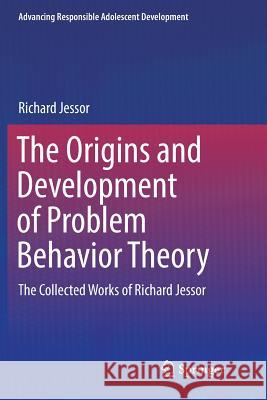The Origins and Development of Problem Behavior Theory: The Collected Works of Richard Jessor (Volume 1) » książka
topmenu
The Origins and Development of Problem Behavior Theory: The Collected Works of Richard Jessor (Volume 1)
ISBN-13: 9783319822105 / Angielski / Miękka / 2018 / 215 str.
The Origins and Development of Problem Behavior Theory: The Collected Works of Richard Jessor (Volume 1)
ISBN-13: 9783319822105 / Angielski / Miękka / 2018 / 215 str.
cena 201,24
(netto: 191,66 VAT: 5%)
Najniższa cena z 30 dni: 192,74
(netto: 191,66 VAT: 5%)
Najniższa cena z 30 dni: 192,74
Termin realizacji zamówienia:
ok. 16-18 dni roboczych.
ok. 16-18 dni roboczych.
Darmowa dostawa!
Kategorie:
Kategorie BISAC:
Wydawca:
Springer
Seria wydawnicza:
Język:
Angielski
ISBN-13:
9783319822105
Rok wydania:
2018
Wydanie:
Softcover Repri
Ilość stron:
215
Waga:
0.33 kg
Wymiary:
23.39 x 15.6 x 1.27
Oprawa:
Miękka
Wolumenów:
01
Dodatkowe informacje:
Wydanie ilustrowane











